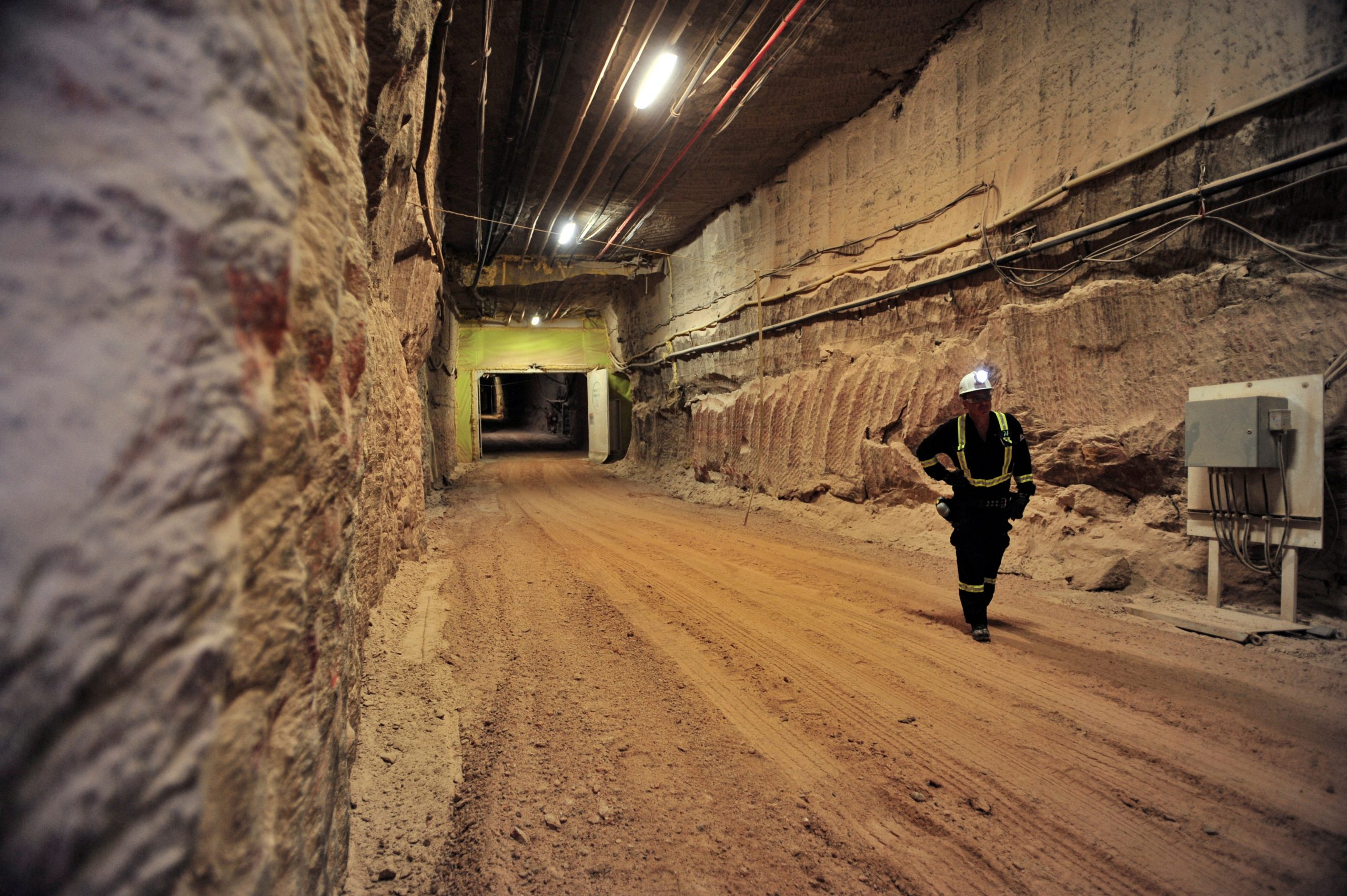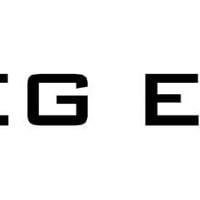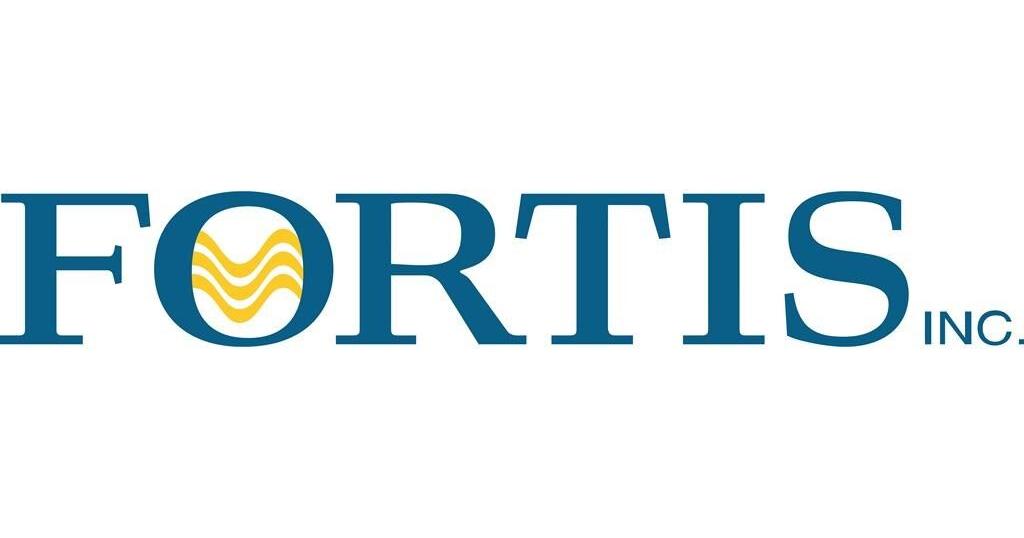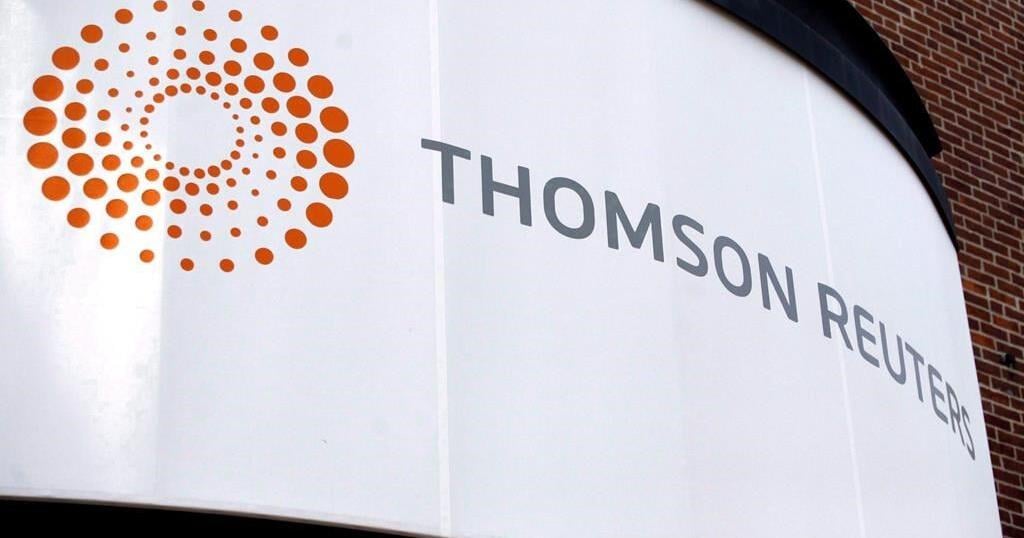Nutrien Ltd, the world’s biggest potash miner, could boost production by up to 29% in coming years, depending on any sanctions facing rival producers in Russia and Belarus, the Canadian company’s interim CEO told Reuters.
Prices of granular potash fertilizer are near 10-year highs in the United States and Brazil, helped by Western economic sanctions against Belarus. Russia, home of Uralkali and EuroChem potash mines, faces possible economic sanctions if it invades Ukraine.
Uralkali and Belarus Potash Company (BPC) together account for more than one-third of global potash sales, according to BMO Capital Markets.
Soaring fertilizer prices have cut in to farmers’ incomes and contributed to global food inflation. Additional potash production may slow rising costs.
Saskatoon, Saskatchewan-based Nutrien could restart up to 4 million tonnes of idled annual capacity in that Canadian province in coming years as it assesses the long-term outlook for sanctions against competitors, interim Chief Executive Ken Seitz said in his first interview since his promotion in January.
“If these are short-lived events, we don’t want to spend all kinds of money staffing and opening up ground,” he said. “If this is going to be a longer-term problem for the market, we will absolutely do that.
“We will absolutely step into that void.”
A Russian troop buildup near Ukraine has stoked fears of war. The United States and United Kingdom are prepared to punish Russian elites close to President Vladimir Putin with asset freezes and travel bans if Russia sends troops into Ukraine, the White House and British government said on Monday.
As a first step in raising production, Nutrien may raise output by 700,000 to 1 million tonnes in the second half of 2022 at low expense, Seitz said, reiterating comments he made last year. Nutrien currently produces nearly 14 million tonnes, representing 19% of global sales.
Seitz could not say how soon Nutrien might restart the remainder of Nutrien’s idled capacity, which would involve more work.
Nutrien has had no talks, Seitz said, in his short time at the helm about any form of potash partnership with BHP Group, which is building a Canadian mine.
Canpotex Ltd, the export company owned by Nutrien and Mosaic Co, is fully committed for sales through March 31, illustrating strong demand for Canadian potash.
Global operational capacity, however, exceeds demand by over 10 million tonnes this year, according to BMO Capital Markets.
“In a normal situation, the potash market is oversupplied,” said BMO analyst Joel Jackson. “If I was Nutrien, I would probably hold back on my decision to expand too much too fast.”
Additional production from competitors will not fully replace BPC, which previously sold about 12.5 million tonnes a year, said Elena Sakhnova, an analyst at VTB Capital.
The board of Lithuanian Railways on Monday voted to stop transporting Belarus’ potash, isolating it from a key port.
Russian producers are unlikely to rush to increase their output because of speculation that Washington may grant a waiver to BPC’s U.S. buyers, essentially postponing sanctions from taking effect on April 1, Sakhnova said.
A EuroChem spokesperson said the company has no plans to accelerate ramp-up of its new production. Uralkali declined to comment.
Unlike the last time potash prices were this high over a decade ago, there are few advanced junior projects to add production. Construction of a small, 250,000-tonne Gensource Potash facility could start in Canada this summer, with first output in 2024.
For larger producers, adding additional tonnes is not as inexpensive or simple as they say, Gensource CEO Mike Ferguson said.
“They are so used to just controlling things in the industry and have started to believe their own marketing about having excess capacity,” Ferguson said.
(Reporting by Rod Nickel in Winnipeg and Polina Devitt in Moscow; Editing by Matthew Lewis)
Related


































